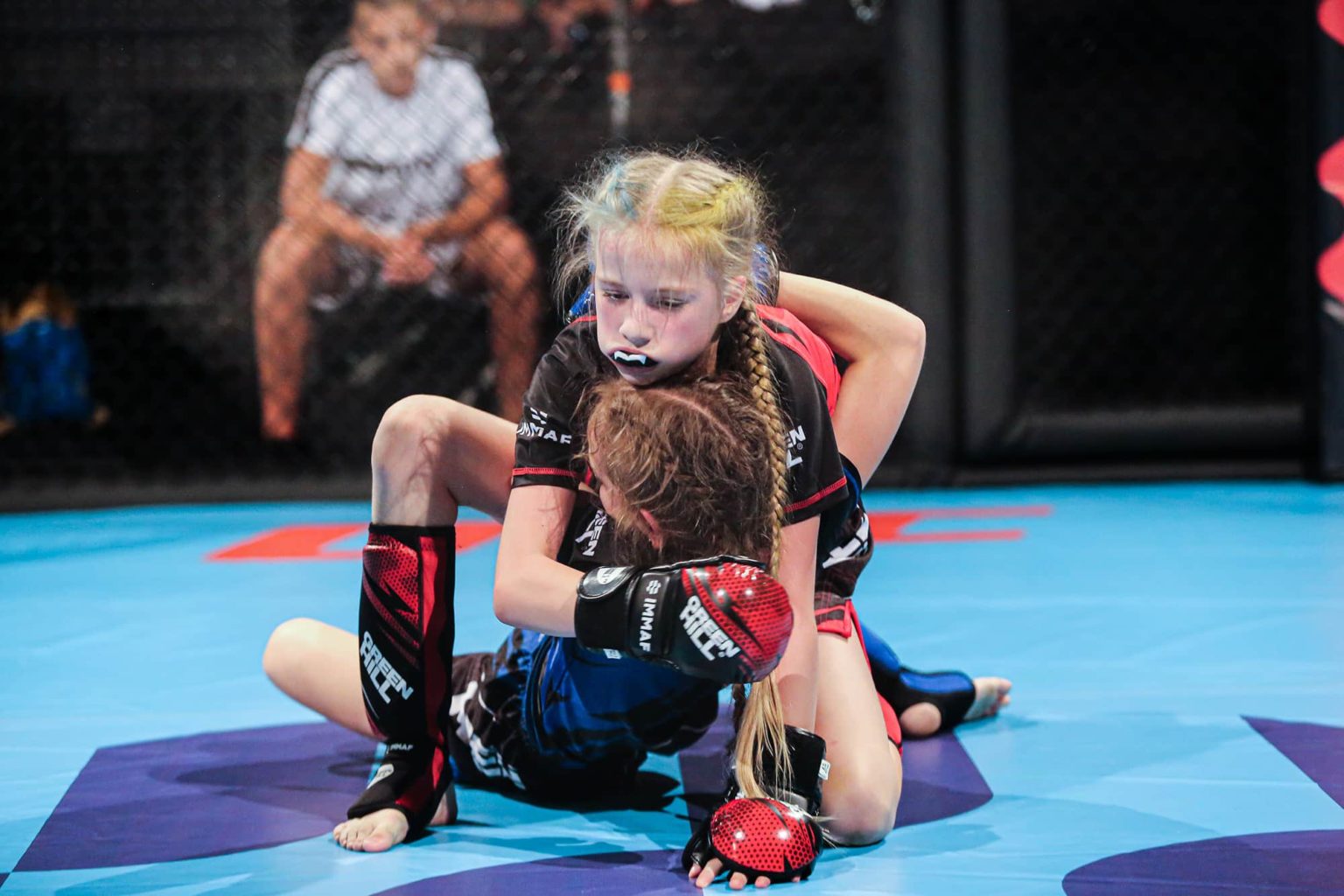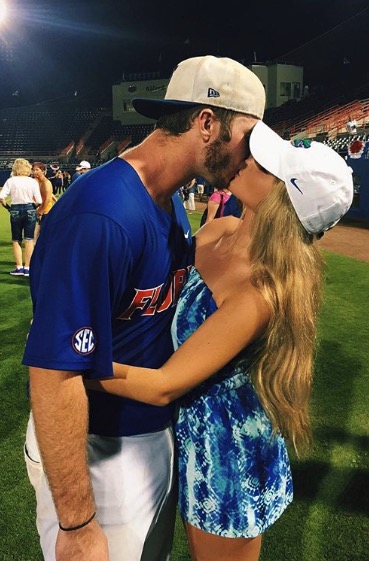Home Run Derby 2019 results: Mets' Pete Alonso launches epic dingers, rocks Cleveland in Derby win
Table of Content
Additionally, Guerrero Jr. surpassed the previous first and second round records for home runs hit by Josh Hamilton in 2008 and Kyle Schwarber in 2018 respectively. Winner Pete Alonso of the New York Mets hit 23 home runs in the final round, also breaking the final round total set by Giancarlo Stanton in 2016. The total tally of 312 home runs is the most in the history of the event. From 2005 to 2013, a gold ball has been used once a player reaches nine outs (in 2014 when the T-Mobile Ball came into play, six; since 2015, during the final minute).
For 2009, State Farm added $5,000 for all non-Gold Ball homers, and $517,000 was collected. For 2010, the non-Gold Ball homer was reduced to $3,000 per home run and a total of $453,000 was collected. Since 2014 any homer hit off a T-Mobile Ball resulted in a $10,000 donation to charity by T-Mobile and MLB, to Team Rubicon.
Format
As the event traditionally takes place at sunset where the sun is of no factor to the batter, they can choose to wear their hat casually and backwards. Guerrero finished his five minutes of regulation time with a fairly casual 24 taters, and he tacked on five more to break Josh Hamilton’s single-round record set at Yankee Stadium in 2008. Those 29 jacks included five of 450-plus feet, and eight over 440 feet. He matched Guerrero with eight more homers in the first tiebreaker, then tied the Blue Jays rookie with one blast in the first three-swing swing-off. Pederson homered on the first swing of the final tiebreaker, but couldn't keep the epic showdown going.
Chris Berman has gained notoriety for his annual hosting duties on ESPN, including his catchphrase, "Back back back...Gone!". Berman starts this phrase when the ball is hit, and does not say "Gone!" until the ball lands. Instead of the tally resetting for each round, it was only reset before the final round. Therefore, the players with the four highest totals after Round 1 advanced to Round 2, and the players with the two highest sum of Round 1 and 2 advanced to the finals. The batter also does not have to conform to the usual league uniform standards, and as all pitches are tossed in the strike zone without any threat of beanballs, may choose to wear a regular baseball cap instead of a batting helmet.
Home Run Derby winners
Alonso had 14 home runs in the first round, 20 in the semifinals and 23 in the final. The longest home run, amongst the total 312 hit by the 8 players involved, covered a distance of 488 ft (148.74 m), and was hit by the runner-up of the contest, Vladimir Guerrero Jr. Dawson went deep four times, accounting for half the home runs hit by the field of four. McGwire, who would eventually set a new single-season home run record with 70 in 1998, won his first and only Derby in '92.

In addition, like batting practice, the batter remains in the batter's box after each swing, and does not run, nor circle the bases to score a run. The effects of all those swings showed early in Guerrero’s final round, as he struggled to get his bat going. But a pair of well-timed breaks -- hitters get two timeouts in the finals -- helped Guerrero post another strong round, swatting 20 homers during his four minutes of regulation. He added another two in his bonus time, with his 22 homers giving him a ridiculous total of 91 for the night. In 2021, the time limit was changed to three minutes plus a bonus of thirty seconds, with an additional thirty seconds of bonus time added if a player hit a home run over 475 feet during regulation.
Pete Alonso 20, Ronald Acuna Jr. 19
The current overall record is held by Guerrero Jr. at a mark of 91, set in 2019. Only three participants, Yoenis Céspedes, Stanton, and Pete Alonso, have won the Home Run Derby without being selected to the All-Star Game. Alonso broke Guerrero's first-round record in 2021 with 35 homers on his way to his second straight Derby Title . This was the first derby since the format change in 2015 to feature tie-breaking rounds, as Vladimir Guerrero Jr. and Joc Pederson went to a record three swing-offs in the second round.
The last Home Run Derby in Cleveland was also won by a New Yorker — Yankees first baseman Tino Martinez, who took the 1997 crown over a field which included Hall of Famers Ken Griffey Jr. and Jim Thome, who didn't clear the walls once. "I was kind of scared he was going to beat me because he was hitting second," Guerrero said through a translator. Following the event, Guerrero slowly walked to his chair in the clubhouse and sat down. Check back to this post for live updates throughout Monday night’s competition. Read about and watch all of the longballs from a highly entertaining 2019 Home Run Derby below.
Final round
Guerrero is one of the more powerful hitters in the competition, and there is a good chance he receives some advice on how to handle the competition since his father won it in 2007. Not only does Chapman come in with that disadvantage, but he has alsonot hit a home run since the start of July. Matt Chapman, who was announced as Yelich's replacement Sunday, enters in a tough spot after having little time to prepare for the competition.

Alonso not only won the Derby, but went on to hit a Major League-best 53 home runs in 2019. Those 53 homers were also the most by any rookie in big league history, eclipsing the mark previously set by Yankees outfielder Aaron Judge. Though Alonso raised the trophy, the highlight of the event may have come in the semifinals, when it took Guerrero three rounds of swing-offs to finally outlast Joc Pederson, 40-39.
Pederson couldn't match up, hitting a grounder on his final cut before both players shared an exhausted embrace near home plate as the fellow All-Stars stood and applauded like regular fans. They were tied 29-all after their four-minute round and then again following a 60-second session. Guerrero and Pederson then each homered once when given three swings, forcing another best-of-three round. Alonso is the second rookie to win outright, following Yankees star Aaron Judge in 2017. He's also the first Mets player to win the derby since Darryl Strawberry shared the title with Wally Joyner in 1986.

Anderson later became the second player to win the Derby and be named Most Valuable Player of the All-Star Game. Before a home crowd in Cincinnati, Frazier edged past Dodgers rookie Pederson, 15-14, in the final round. This Derby marked the debut of timed rounds with bonuses for distance. The story of the night heading into the 2022 Derby was Pete Alonso's quest for his third straight title. By the end, it was all about the two young superstars in Soto and Rodríguez.
He finished 2nd in the 2015 Home Run Derby as a rookie with the Dodgers, providing him some experience in the event. Carlos Santana is the hometown hero from Cleveland, and the Indians switch hitter has hit 15 of his 19 home runs left handed with an exit velocity of 92.8. Two of the last four Home Run Derby champions won the event playing in their home ballpark. If the tie is not broken by that, the winner will be decided by three swings, and if a victor is still not determined, it will come down to sudden death. His hands blistered, Guerrero more than equaled his season's salary of $468,468. He got $500,000 for finishing second, plus a $100,000 bonus for hitting the longest homer.

It took two swing-offs and 40 home runs, but Vlad Guerrero Jr. defeated Joc Pederson to advance to the final of the 2019 MLB Home Run Derby. The Braves outfielder hit a solid 19 home runs to open the second semifinal of the 2019 MLB Home Run Jersey. Pete Alonso needs to outperform his first round performance of 14 home runs to advance to the final. The Mets first baseman hit 20 home runs in the semifinal, knocking out the final dinger to surpass Ronald Acuna Jr’s total of 19 in the final second of the four minute period.
Separate from the regular home run derby, if the All-Star Game itself is tied after nine innings, a second home run derby will be held to determine the winner. It will not be timed, and each manager will pick three players to make three swings each to hit as many home runs as possible. The Home Run Derby format was changed significantly in 2014, as MLB sought to speed-up the contest and increase the drama. The Round 2 winner from each league faced the Round 1 winner, and the Round 3 winner crowned the league winner. If the players remain tied, the players engage in a sudden-death swing-off until one player homers.
After Christian Yelich had to remove himself from the competition with a back injury Sunday, Pete Alonso of the New York Mets enters with the most home runs in the field. A new Home Run Derby champion will be crowned Monday night at Progressive Field. Yelich was held out of Milwaukee's lineup Sunday at Pittsburgh for its final game before the All-Star break. Milwaukee’s Christian Yelich pulled out of the competition on Sunday with a back injury.
Comments
Post a Comment